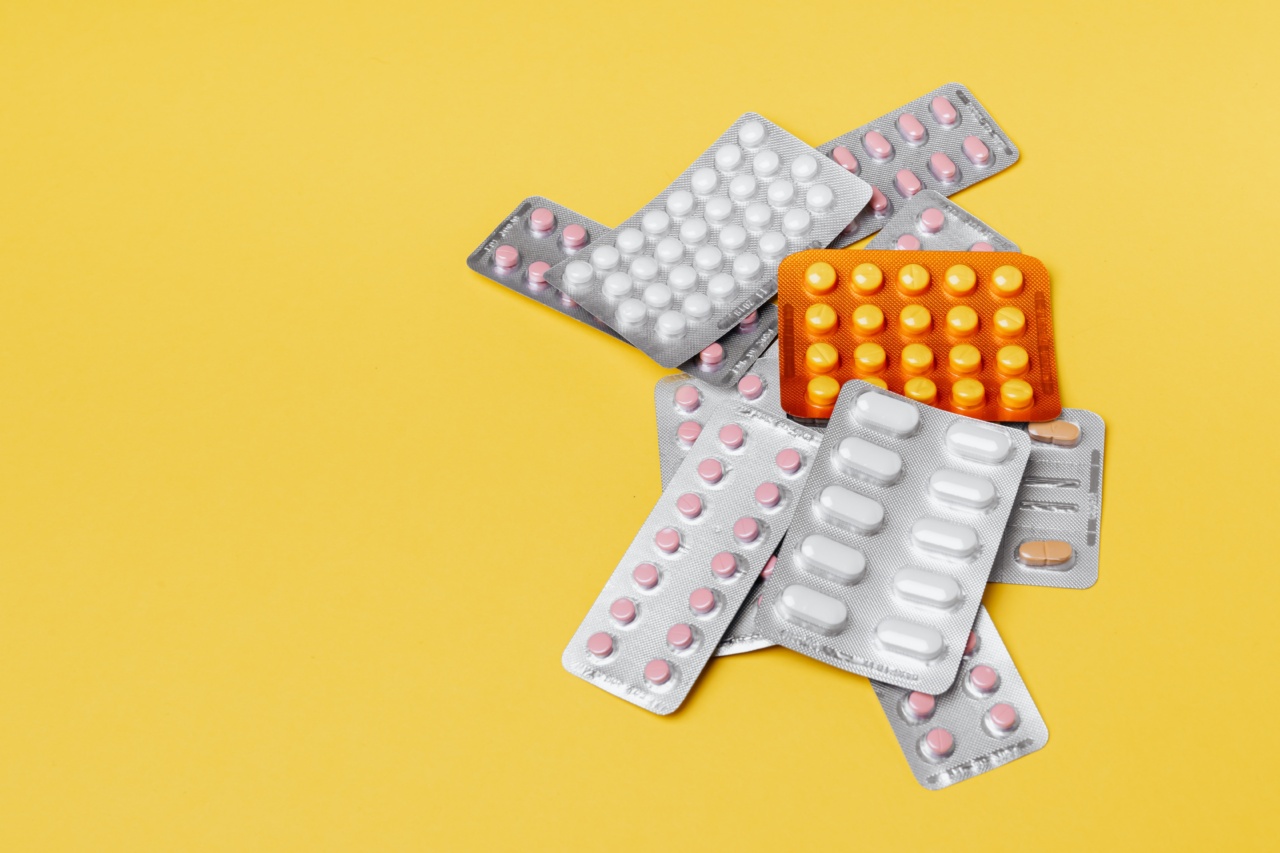Herpes is a viral infection that can cause painful sores or blisters on the genitals, mouth, or other parts of the body.
The symptoms of herpes can be uncomfortable and embarrassing, but there are natural remedies and over-the-counter medications that can help alleviate the pain and reduce the duration of outbreaks.
What is herpes?
Herpes is a common viral infection caused by the herpes simplex virus (HSV). There are two types of herpes: HSV-1 and HSV-2.
HSV-1 is typically associated with cold sores or fever blisters around the mouth, while HSV-2 is usually responsible for genital herpes.
Herpes is a highly contagious virus that can be spread through skin-to-skin contact, such as kissing, sexual contact, or sharing personal items like towels or razors.
Once the virus infects the body, it remains dormant in the nerves near the affected area and can cause outbreaks of sores or blisters periodically. Although there is no cure for herpes, there are treatments available to help manage the symptoms and prevent future outbreaks from occurring.
Symptoms of herpes
The symptoms of herpes can vary depending on the type of virus and the location of the infection. Common symptoms include:.
- Painful sores or blisters on the genitals, mouth, or other parts of the body
- Itching or burning sensation before the outbreak appears
- Fever
- Headaches
- Muscle aches and pains
- Swollen lymph nodes in the groin or neck
Quick relief for herpes symptoms
If you are experiencing herpes symptoms, there are several natural remedies and over-the-counter medications that can help alleviate the pain and reduce the duration of outbreaks:.
1. Cold compress
A cold compress can help reduce inflammation and relieve pain associated with herpes outbreaks. Simply soak a clean towel or washcloth in cold water and apply it directly to the affected area for 10-15 minutes several times a day.
Alternatively, you can use ice wrapped in a towel or a cold gel pack.
2. Epsom salt bath
Epsom salt can help soothe the skin and reduce inflammation. Mix 1-2 cups of Epsom salt into a warm bath and soak for 20-30 minutes to alleviate herpes symptoms.
3. Tea tree oil
Tea tree oil has antiviral and anti-inflammatory properties that can help reduce the severity of herpes outbreaks. Apply a small amount of tea tree oil directly to the affected area using a cotton ball several times a day.
4. Aloe vera gel
Aloe vera gel can help soothe irritated skin and promote healing. Apply a small amount of aloe vera gel to the affected area several times a day.
5. Over-the-counter medications
Over-the-counter medications such as Acyclovir, Valacyclovir, and Famciclovir can help reduce the duration of herpes outbreaks and alleviate symptoms. These medications are available in pill form and should be taken as soon as symptoms appear.
6. Pain relievers
Over-the-counter pain relievers such as Ibuprofen or Acetaminophen can help relieve pain associated with herpes outbreaks.
Preventing herpes outbreaks
While there is no cure for herpes, there are steps you can take to prevent outbreaks from occurring:.
- Avoid skin-to-skin contact with someone who has herpes
- Use a condom or dental dam during sexual contact
- Avoid sharing personal items like towels or razors
- Maintain a healthy immune system through regular exercise, a nutritious diet, and stress management
Conclusion
Herpes can be uncomfortable and embarrassing, but there are natural remedies and over-the-counter medications that can help alleviate the pain and reduce the duration of outbreaks.
If you are experiencing herpes symptoms, try using a cold compress, taking an Epsom salt bath, applying tea tree oil or aloe vera gel, taking over-the-counter medications and pain relievers, and practicing healthy habits to prevent future outbreaks from occurring.































